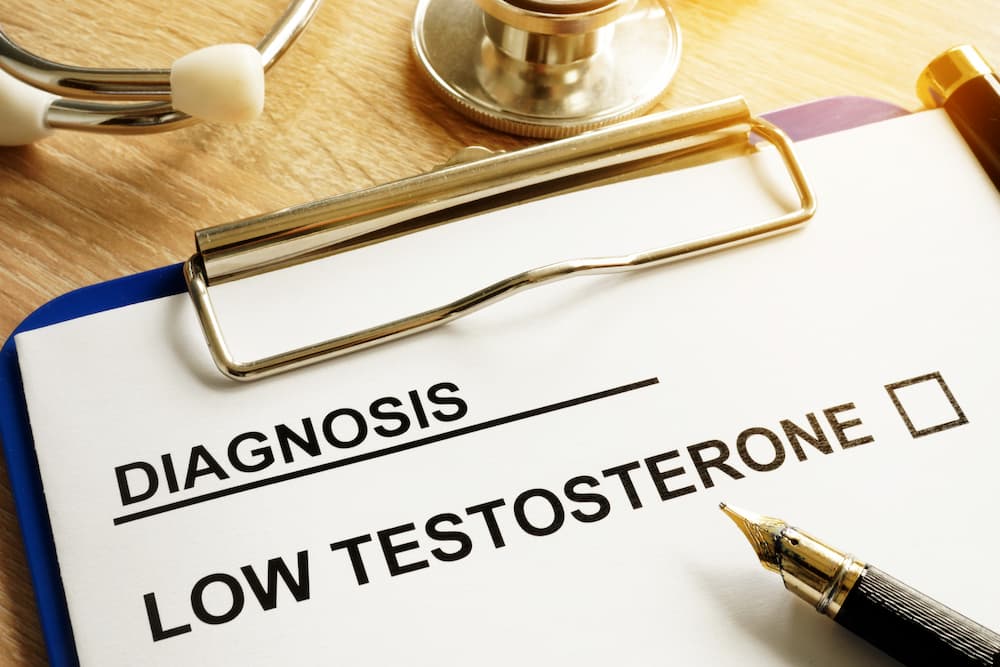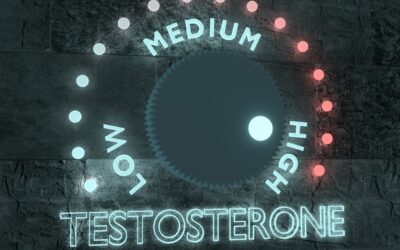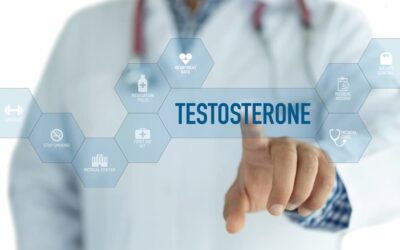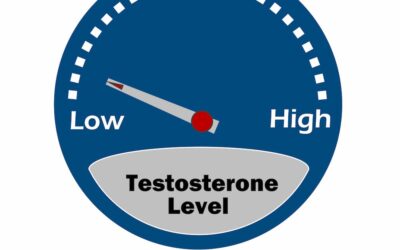For many men that are diagnosed with low testosterone, or “low T”, the first question is, “What now?”
We’re breaking down exactly what to expect after being diagnosed with low-T levels, setting you up with a handy guide that will prepare you for what’s ahead. Low testosterone treatment really can change your life – and the sooner you take action, the sooner you can be feeling like a healthier, happier version of your very best self.
First: Understand What a Low-T Diagnosis Means
Depending on your specific situation, you may not have been expecting to learn that you have low testosterone. Or, maybe you’re pretty familiar with low testosterone levels and how they affect your health.
Regardless of your working knowledge of low T, your diagnosis is all the reason you need to brush up on the basics.
What is testosterone?
Testosterone is an important hormone, particularly for men. It plays a key role in a multitude of bodily functions, especially those that you might consider being a part of your “manhood”:
-
- Sexual health
- Body composition (fat and muscle)
- Motivation and focus
- Body hair
So, when testosterone levels are out of whack, the negative side effects can affect multiple aspects of your physical and mental well-being.
What is a healthy testosterone level?
Your low-T diagnosis likely came about after a blood test, which was used, or will be used, to detect your current testosterone level. Some doctors and labs that do not specialize in testosterone deficiencies will consider a “normal” testosterone level to be anywhere between 300 and 1,000 nanograms per deciliter (ng/dL). However, there is a near consensus among doctors who specialize in treating Testosterone deficiencies, including Ehormones MD Medical Director, Dr. Frank J. Welch, MD, that optimal levels of testosterone are generally between 900 and 1180 (ng/dl). If you’re below that range, it can lead to a low-T diagnosis.
Nearly half of men over the age of 45 will have testosterone levels below the ideal range, which should be a catalyst for additional conversations with a low testosterone doctor.
What causes low testosterone?
Age is the #1 cause of testosterone deficiency in adult men. And, then there are the other most common causes…stress, poor sleep quality, poor diet, lack of exercise, among others. These are the most common reasons that testosterone levels decline. However, there are also some underlying health conditions that can contribute. For example, you may have low-T caused by obesity, type 2 diabetes, or another chronic condition. Or, you may be using a medication that has led to the deficiency.
A key part of effective testosterone treatment will be determining exactly what is contributing to your low-T. For that reason, experienced low-T doctors like the ones at Ehormones MD will conduct a comprehensive assessment to look at the “big picture” of your overall health.
What are the signs of low testosterone?
Don’t be surprised if your low-T diagnosis ends up being a major lightbulb moment – for so many men, it’s what finally solves the puzzle of an array of undesirable symptoms and health issues.
Some of the most common symptoms of low testosterone include:
-
- Erectile dysfunction
- Less interest in sex
- Low energy
- Irritability and mood swings
- Having a hard time focusing
- Weight gain
- Increased body fat, especially around the midsection
- Loss of muscle mass
- Depression or anxiety
- Problems sleeping
If you’re someone that hasn’t yet been tested for low-T, and you’re experiencing even one of the symptoms above, we strongly recommend making an appointment at Ehormones MD for a low-T consultation.
Then: Learn How to Treat Low Testosterone
Once you have a clearer understanding of low-T, you can start taking steps to restore your body to its optimal balance.
Testosterone replacement therapy (TRT) is precisely what it sounds like: a treatment that replaces the “missing” testosterone in your body. There are different forms of TRT, including injections, oral medications, patches, pellets, and others. Your best option will largely depend on your specific preferences and goals, making it critical to have a thorough conversation with your doctor.
How do I start testosterone replacement therapy?
When you’re ready to begin testosterone therapy, testosterone replacement doctor selection is of the utmost importance. It’s important to choose an experienced, reputable TRT clinic where you will receive physician-supervised treatment. Additionally, we recommend that you opt for a low-T doctor (rather than a general physician) to improve your odds of achieving optimal results.
What are the benefits of TRT?
As therapy works to rebalance your testosterone levels, you can look forward to many positive results, including:
-
- More stamina and energy
- Improvement of erectile dysfunction
- Increased sex drive
- Easier weight loss
- Better moods and focus
When TRT is a part of a customized men’s health and age management treatment plan, you have the potential to look and feel better than you ever have.
When will I see results from TRT?
Every man’s experience with TRT is different, so there’s no exact timeline for results. However, many of our patients notice significant improvements within just a few weeks!
Learn More about How to Treat Low-T with Help from Ehormones MD
A low-T diagnosis can actually be huge positive – because now, you can start moving forward towards treatment. Ehormones MD is a trusted provider, with nationwide clinics and low-T experts near you.
Schedule your free, no-pressure consultation today!
Image Source: Vitalii Vodolazskyi / Shutterstock





